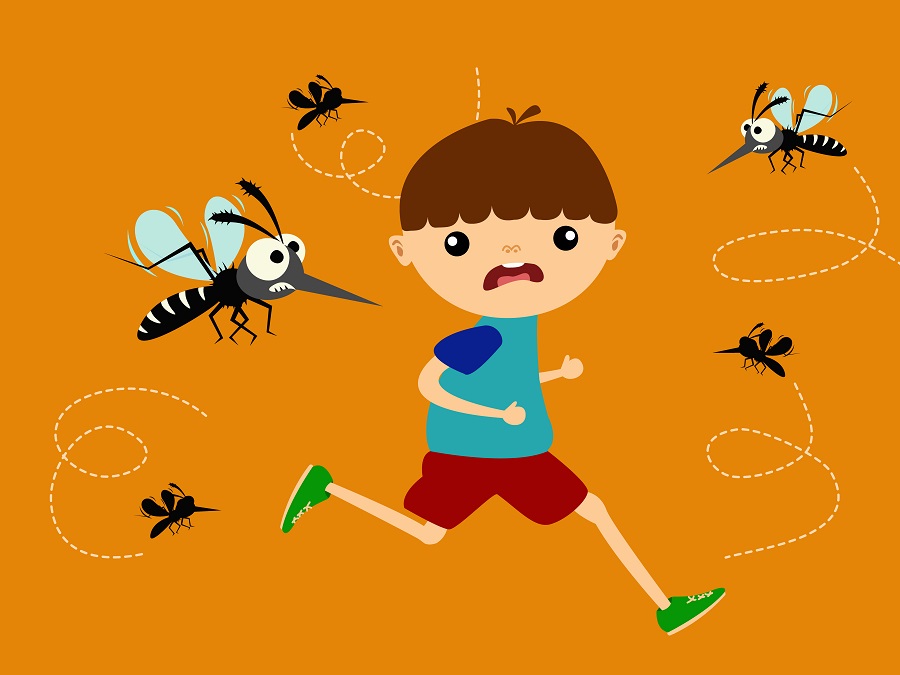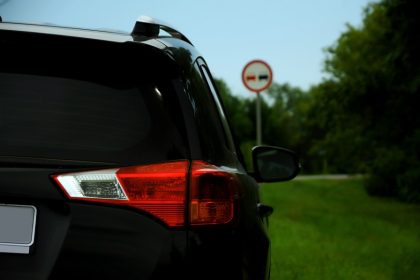Malaria is a mosquito-borne disease that affects humans and other animals. The symptom for the disease includes fever, headaches, fatigue, and in severe cases it can cause jaundice, seizures, coma, or death. Malaria is spread exclusively through bites of infected Anopheles mosquitoes.
In 2021 there were reportedly 247 million cases of malaria globally which resulted in about 619,000 deaths, with 95% of the reports originating from Sub-Saharan Africa. In Africa, it is further estimated to result in a financial loss of $12 billion a year due to adverse effects on tourism, elevated healthcare expenditure, and lost capability to work.

Ghana, a West African country, officially known as the Republic of Ghana, shares borders with Ivory Coast, Burkina Faso, and Togo while abutting the Gulf of Guinea and the Atlantic Ocean to the south. Its biomes range from coastal savannas to tropical rainforests, covering a total area of 238,535 km2 . Ghana has a population of over 32 million people, making it the second-most populous country in West Africa, after Nigeria.
Ghana has recently become the first country to approve a new malaria vaccine, R21, which has been hailed by scientists as a potential “world-changer”. According to BBC, Ghana’s drug regulators have assessed the final trial data on the vaccine’s safety and potency, and have decided to approve it for use in children aged between five months to three years old. The R21 vaccine has shown promising results in preliminary studies in Burkina Faso, with up to 80% efficacy when given as three initial doses and a booster a year later.
The development of this vaccine is significant for the fight against malaria, and experts believe that it will make a major impact on malaria mortality in children in the coming years. The cost of each dose of the R21 vaccine is expected to be a couple of dollars, making it accessible for many people.



